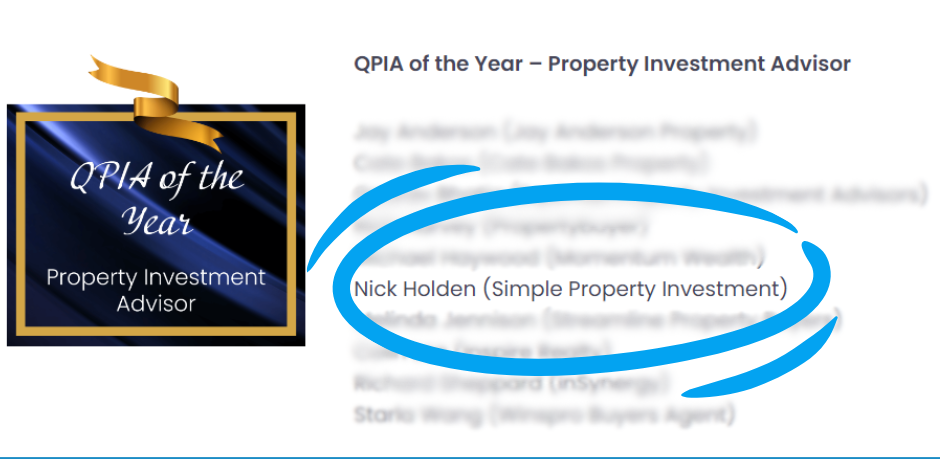A well planned finance strategy to build your property portfolio can shave years off your mortgage. It can mean the difference between 1 investment property – and many many more leading up to retirement. We show you how to take full advantage of interest only loans and offset accounts – and give you the confidence to set yourself up for property success.
Should I repay principal and interest or interest only?
When working out the right finance strategy to build your property portfolio, should you repay principal and interest – or just stick to paying off your interest? It’s a common question, along with other concerns such as:
How should I structure my mortgage? and
Should I pay down the principal of my mortgage so I own the property outright one day?
The answer depends on a few factors, most importantly whether your property is your home or an investment property.
The Table: Home loan vs Investment loan shows you the important differences between home loans and investment loans – and how to make the strategy work. We discuss these in more detail throughout the rest of this article.
| Factors | Home | Property Investment |
|---|---|---|
| Aim | Pay off ASAP | Accumulate properties – pay off close to retirement (or earlier) |
| Tax deductible interest | No | Yes |
| Pay principal | Yes | No – use money to buy more properties |
| Pay interest | Yes | Yes |
| Term of loan | Shorten | Maintain |
| Offset account | Ideal for cashflow so can easily access funds if needed. Use to reduce interest and shorten loan. Linked to home loan. | Ideal for cashflow so can easily access funds if needed. Linked to investment loan |
| Recommended loan | Principal and Interest | Interest only |
*Note: This is a general comparison. Always speak to a qualified financial professional to tailor your strategy to your situation. For a complimentary strategy consult, contact us.
Your home
The interest you pay on this mortgage is not tax deductible – so ideally you’d want to pay this down as quickly as possible.
In most circumstances it makes good financial sense to pay principal and interest. It also makes good sense to have an offset account linked to this mortgage. So you can deposit additional funds to reduce the amount of interest you owe.
If you were to deposit your income (and any savings you may have) into your offset account, not only will you pay less interest, you will shorten the term of your loan. So it pays to choose the right home loan – and remember big banks aren’t your only option for a good home loan.
This strategy works well for homeowners but is it as effective for property investors?
So what is an offset account and how do they work?
An ‘offset account’ is usually a transaction account that is linked to your home or investment property loan. The money you have in this account offsets the amount that you owe on the loan, therefore you only get charged interest on the difference.
For example: If your home loan is $500,000 and you have $100,000 in your offset account, you will only pay interest on $400,000.
Your investment property
As we have discussed, if you still have a mortgage on your home then you should have the offset linked to that home loan account. But…
If your first property is an investment OR you have paid off the mortgage on your home and then purchased an investment property – set-up the offset account so it’s linked to the investment loan.
Why?
This way you can have an interest only loan but still enjoy the benefits of a principal and interest (P & I) loan if you choose to pay extra into that account.
What are the 2 major benefits of an interest only loan?
- You won’t need to pay the extra amount of a P & I loan repayment every month, which can be significantly more than an interest-only loan; and
- You have access to the funds in the offset if you need them
This brings us onto a very important topic: cashflow.
Cash-flow is very important to investors.
The most common way that people lose money investing in property is when they sell when the property is worth less than what they paid for it. Cash-flow issues can force a property owner into this situation.
Also, some investors prefer to keep their tax-deductible debt as high as possible (within safe and achievable levels) at the beginning stages of building their property portfolio.
If they are not spending extra money on repaying principal, they may be able to afford another property. They look at this as opportunity cost.
Investors who adopt this strategy will look to start paying down this debt when they are getting close to retirement (or earlier if circumstances dictate). This may mean strategically selling a property(s) to bring the debt into a manageable level or completely paying the loans out.
One last little benefit of having an interest only loan is that it is simple to calculate the amount that is tax deductible for accounting purposes.
Summary: A clever finance strategy to build your property portfolio
Home: pay off principal asap and take advantage of offset account
Investment Property:
- Set up interest only loan with linked offset
- Keep control of cash-flow
- Take advantage of tax deductions
- Buy another property
- Pay down debt when close to retirement (or earlier)
This simple but effective financing strategy is used by many savvy investors to build their property portfolios. This is especially effective when combined with property investment fundamentals and good saving habits.
Have you taken full advantage of interest only loans and offset accounts?
Yours in property,
Nick













One Comment